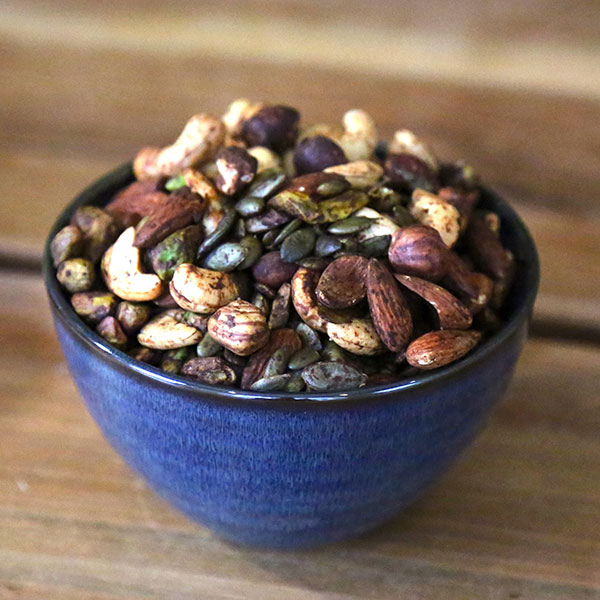
Keeping your immune system in check can help prevent colds and other winter infections.
A diet rich in vitamins and minerals from vegetables, low in refined sugar, caffeine and alcohol and containing sufficient protein can help our immune system win the battle against common colds and flu viruses.
Although not the miracle cure against colds that our grandmothers once thought, can in fact help prevent infections. Leucocytes or white blood cells are immune cells in charge of fighting off infectious diseases. White blood cells need good levels of vitamin C in order to function which you can find in most fruits and vegetables including citrus fruits, kiwi, broccoli, peppers, tomatoes, etc. Note that although fresh fruit juices are high in vitamin C are also rather high in sugar, which temporarily depresses the immune system.
has anti-viral properties and helps maintain healthy mucous membranes that create a physical barrier between our body and pathogens such as viruses.
Vitamin A is found in the liver, eggs, cheese and milk. Beta-carotene, a precursor of vitamin A, and is found in large quantities in fruits and vegetables of red, yellow and orange peppers, sweet potatoes, pumpkins, and leafy vegetables such as spinach and chard. Fruits such as mango and peaches have significant levels of beta-carotene. Although their season is over, vitamin A is fat soluble and our bodies can store it to use later so stock up in the summer for winter!
helps to keep white blood cells membranes in good shape and its deficiency has been linked to a reduced production of antibodies. As a bonus, vitamin E has impressive antioxidant properties and helps maintain healthy skin.
Include a handful of sunflower seeds or almonds to a spinach and avocado salad, to boost your vitamin E intake.
plays a very important role in the maintenance of the immune system and deficiency has been identified as a risk factor in viral infections such as the flu.
Vitamin D is found only in small amounts in the diet. The best source of vitamin D is controlled exposure to sunlight, although remember to always be safe and never allow your skin to redden or burns.
is an essential mineral for the production of antibodies and selenium plays an important role in the activity of the cells of the immune system.
Seafood, red meats, nuts and seeds are good sources of zinc. Nuts, salmon, red meat and seeds also contain significant amounts of selenium.
is important for the immune system because it is needed to maintain good levels of white blood cells. However, iron supplements during bacterial infections can be harmful since some microbes require iron to multiply.
Foods rich in iron are red meat, broccoli, spinach, lentils, chickpeas, seeds, cashews and pine nuts.
(white pasta, rice and bread, sweets, confectionery) because they reduce vitamin C absorption and weaken the immune system for a few hours after its ingestion.
because alcohol depletes levels of B vitamins that are necessary for the production of immune system cells. So drink in moderation.
also depresses immunity as too many coffees deplete levels of minerals such as zinc and iron, necessary to maintain the healthy immune system.
Finally, our immune system cells are made of protein. However, too much protein in the diet increases the acidity in our body which in turn reduces the activity of our immune system. All our system needs is a portion of protein with each meal (two eggs, a fillet of beef/chicken/fish the size of the palm of your hand or a bowl of beans, tofu, quinoa).
Although we do not know exactly why physical exercise helps to strengthen our immune system there are plenty of theories: exercise helps flush viruses and bacteria out of our lungs or maybe the increase in body temperature during a good workout prevents microbe proliferation.
For a full version of this article including references, please email info@purplecarrotnutrition.co.uk
If you would like to hear about new postings, please join our mailing list.